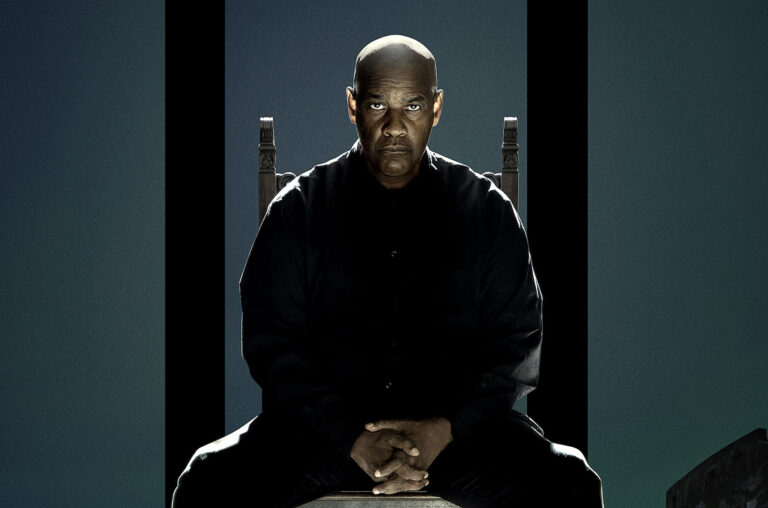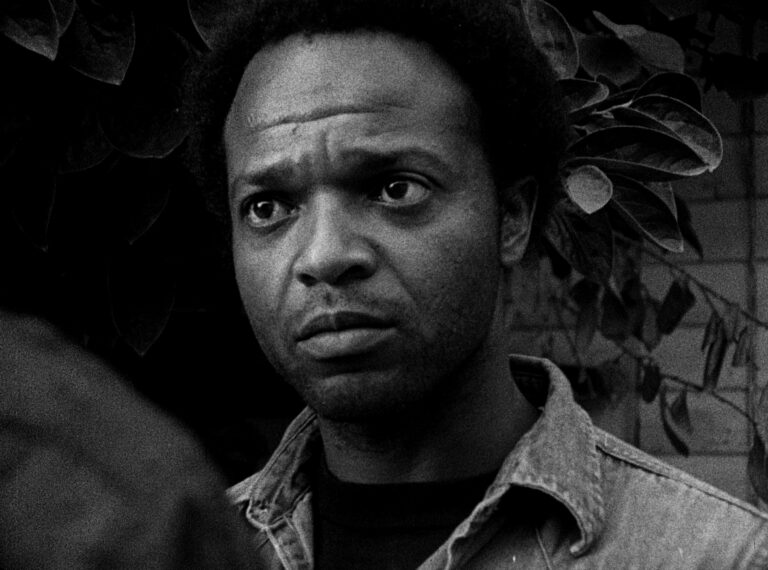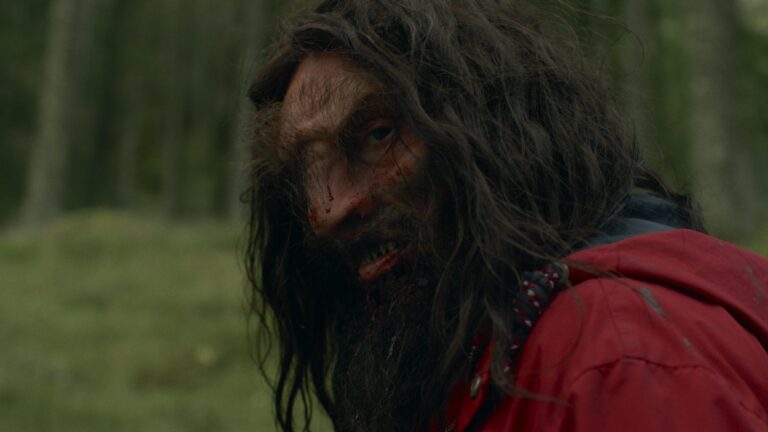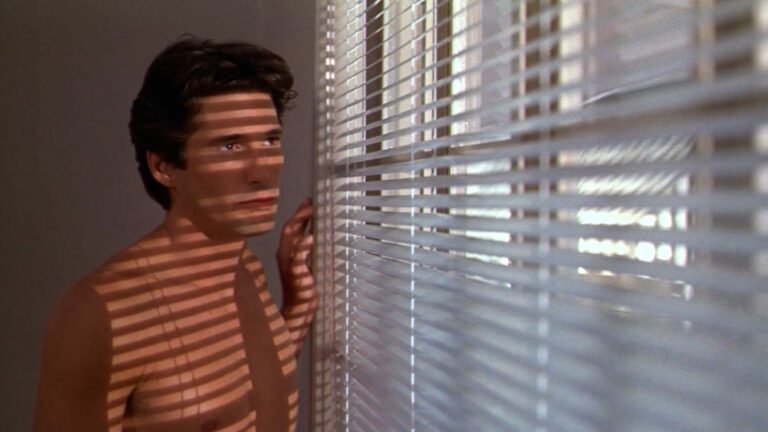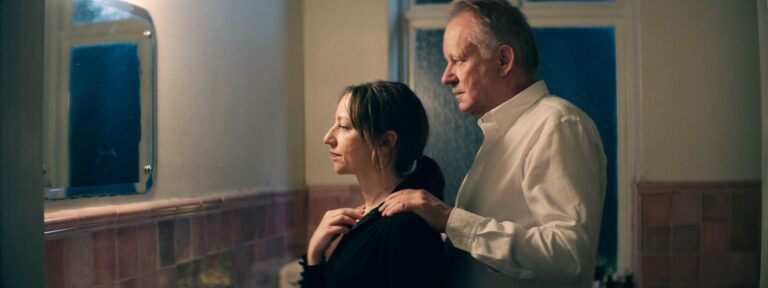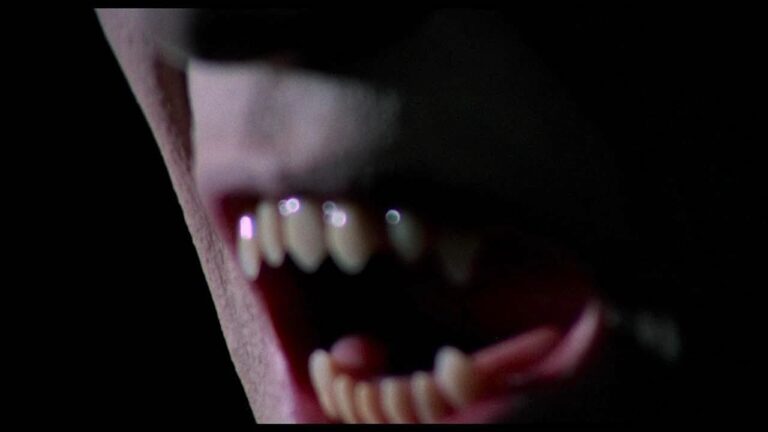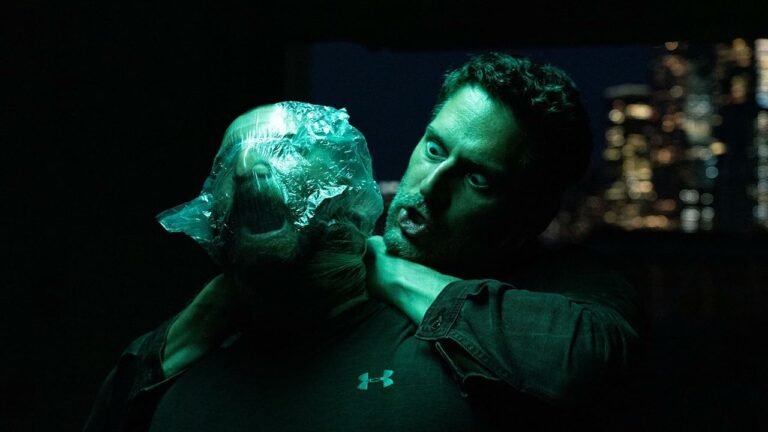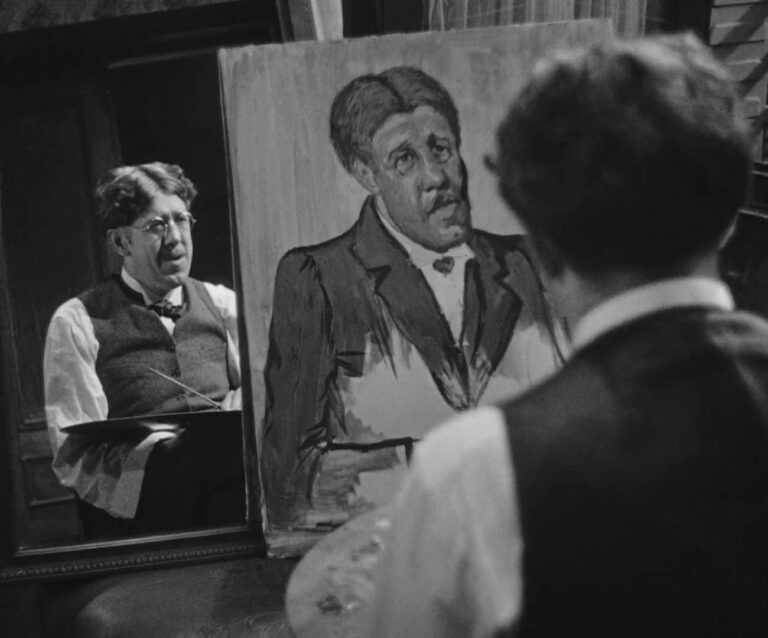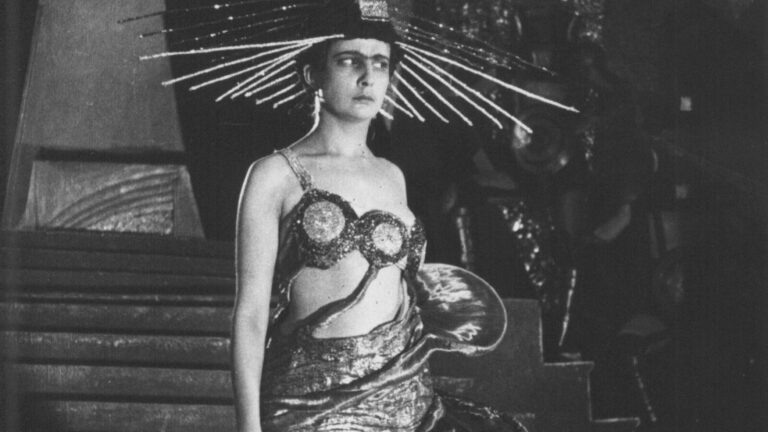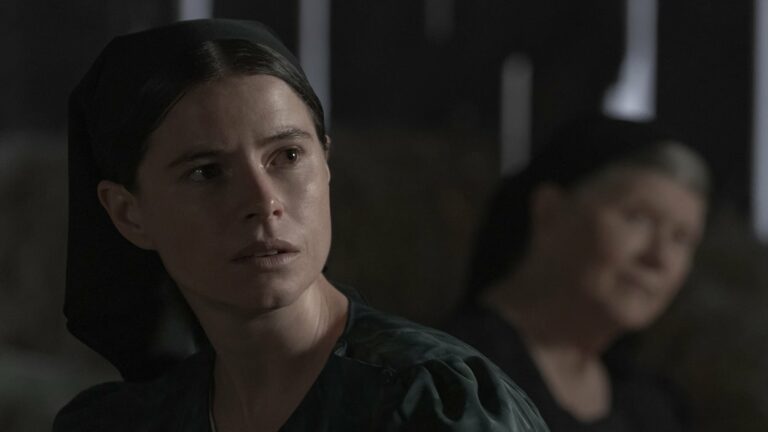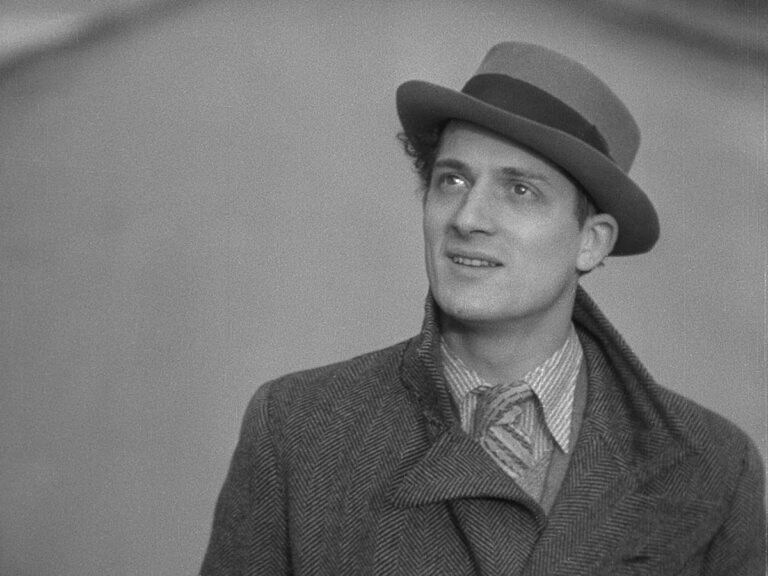Latest Posts
The Equalizer 3
At the beginning of The Equalizer 3 we appear to be in familiar “action hero in retirement” territory. A sunny place. Beautiful scenery. The camera drinking it all in. Surely, any minute we’ll be meeting Denzel Washington in a Hawaiian shirt, a cocktail in one hand, a pretty young woman on his arm, in much the same way Matt Damon or Jason Statham were introduced in follow-ups The Bourne Supremacy and Mechanic: Resurrection. Instead director Antoine Fuqua gives us mayhem, horror, lakes of blood, a man with a machete buried in his face, and, sitting coolly in the middle of it all, one-man vigilante machine Robert McCall (Washington). He’s clearly laid waste to … Read more
Killer of Sheep
Charles Burnett’s movie Killer of Sheep was shot in 1972 and 1973, mostly at weekends, didn’t get shown until 1978 and then vanished for about three decades even though it had had rave reviews from the few people who’d seen it and had been selected for preservation in 1990 by the Library of Congress as being “culturally, historically or aesthetically significant”. The reason for its disappearance? Burnett had made it on a budget, guerrilla style, not bothering with shooting permits or anything official. Nor did he bother sorting out the music rights, and its eclectic mix of music (Dinah Washington and Scott Joplin to Earth, Wind and Fire and Rachmaninoff) is the backbone … Read more
It Be an Evil Moon
It takes a while for It Be an Evil Moon to declare itself, but debut feature director Ben Etchells gives us something to snack on before it does with a pre-credits sequence – a guy driving at night in a forest finds his way blocked by something in the road. Gets out. Moves it. Gets back into the car. At this point the the entire audience is thinking “Something got into that car while you were out of it.” But Etchells does something odd just at the moment when whatever is going to pounce does pounce. With a flicker of a camera movement he pulls off the equivalent of the football one two, … Read more
American Gigolo
In American Gigolo a man falls in love with the wrong woman and is framed for a murder he didn’t commit. It’s a classic film noir plot given a neo-noirish treatment in what looks like writer/director Paul Schrader’s homage to Howard Hawks and The Big Sleep. The twist being that this is the 1980s. And how. Though released in the opening year of the decade, American Gigolo is fully immersed in it. Its hero is a male prostitute obsessed with consumerist stuff. He drives the right car, wears the right clothes (Armani), is coiffed to perfection, works out to keep his body gym-toned and his skin has that well hydrated look of a … Read more
Hope aka Håp
“Oh no, no, no, no, not another fucking cancer film,” was Stellan Skarsgård’s response when he was asked to be in Hope (aka Håp in the original Norwegian) by his old friend, its writer/director Maria Sødahl. Skarsgård has a point. The terminal illness weepie can itself be pretty deadly. But Hope is more about love and family life than about sickness. It doesn’t get too hung up on redemption. And it can boast fabulous performances all round, including from Skarsgård, who took the gig. The true-to-lifeness undoubtedly has a lot to do with the fact that it really happened. In 2011 Maria Sødahl learned that the lung cancer she thought she’d recovered from … Read more
Count Yorga, Vampire
Going in to 1970’s Count Yorga, Vampire, the thing to remember – and the reason why it sometimes flies under an alternative title, The Loves of Count Iorga, Vampire – is that it was originally destined to be a vampire movie of a softcore persuasion, at least as much about tits as teeth. It explains odd moments when the focus shifts from the matter at hand – an update on Bram Stoker’s Dracula story, in all the key essentials – and on to female flesh. There isn’t that much of it, to be fair to the film, which took its swerve away from the carnal early in the production process, at the point … Read more
The Kill Room
Walking the line between complex and convoluted plotting, The Kill Room is a dark comedy throwback starring Uma Thurman and Samuel L Jackson. It’s the first time these two have appeared together since 2004’s Kill Bill: Vol 2. The time before that was Pulp Fiction and it’s obvious that it’s the Tarantino connection that this movie is really all about. Thurman plays Patrice, a gallery owner on the skids. Jackson is Gordon, the local baker whose store is a front for a crime operation. He comes up with a novel scheme for laundering the vast sums of cash that come his way. He’ll buy worthless tat from her for a vastly inflated sum … Read more
La Chienne
La Chienne. It translates as The Bitch, literally. But if it ever goes by an English title it’s usually Isn’t Life a Bitch?, which kind of misses the point. It was made by Jean Renoir in 1931 in France and then remade by Fritz Lang in Hollywood in 1945 as Scarlet Street, with Edward G Robinson and Joan Bennett in the lead roles. Here it’s Michel Simon who plays the silly old duffer, Maurice, who falls for a prostitute, without realising what she is, and is then systematically cleaned out by her and her pimp. Foolish Maurice on one side, cool, calculating Lulu making the big eyes on the other, with Dédé the … Read more
Greek Pete
Andrew Haigh’s debut feature Greek Pete, a biographical “year in the life” of a London rentboy, takes the documentary and gives it a good pounding. Pete is an early-20s dark-haired, nice-looking guy who loves to talk. We first meet him as if we’re eavesdropping, from a distance, through a doorway. He’s on a sofa with a client chatting. The client’s face is fuzzed out. The two men pull relaxed poses as they make small talk about Pete’s background. Then Haigh’s camera cuts to “later that night”, now less the eavesdropper and more the Peeping Tom, as Pete gives the client a severe anal rogering. Cuts again to a neon-speckled club where Pete is … Read more
Aelita: Queen of Mars
Aelita became a popular name for babies born in the Soviet Union the year after this movie, Aelita: Queen of Mars, came out in 1924. Apart from the devotees of the original novel by Alexei Tolstoy, few had heard the name before, or seen anything like this movie adaptation. It was a sensation, a sci-fi movie about a journey to Mars that also addressed the state of the nation as the USSR sought to consolidate the revolution (only seven years old). There had been sci-fi movies before – 1902’s A Trip to the Moon by George Méliès’s most famously – but this was the first one out of the USSR (please correct me … Read more
Women Talking
Women Talking could have got a lot of dramatic mileage simply by telling the story of what happened rather than what happened next. But it opts for the latter, a daring ploy that eventually yields results, though there are moments on the journey when it looks like it’s not going to make it. Here’s what happened. In a devout, modernity-shunning Mennonite community in Bolivia between 2005 and 2008 a number of women and girls started waking up mornings to discover they’d been raped in their sleep. The youngest of the 151 victims was three, the oldest was 65. The community elders suggested that Satan was responsible, or one of his demons or possibly … Read more
Zéro de Conduite
Short but massively influential, Zéro de Conduite is 44 minutes (or so) of prime Jean Vigo. A film deemed “anti-French” when it was released in 1933, it went on to influence that most French of genres, the New Wave. François Truffaut’s The 400 Blows owes it a lot, as does British New Waver Lindsay Anderson’s If…., which borrowed its finale for its famous climax. “Zero for conduct; detention on Sunday” is its refrain, the punishment handed out by the schoolmasters at a French boarding school where unruly lads are kept in check, barely, by a strict system of punishment and reward. Naughty boys is its theme and Vigo wastes no time establishing it … Read more

